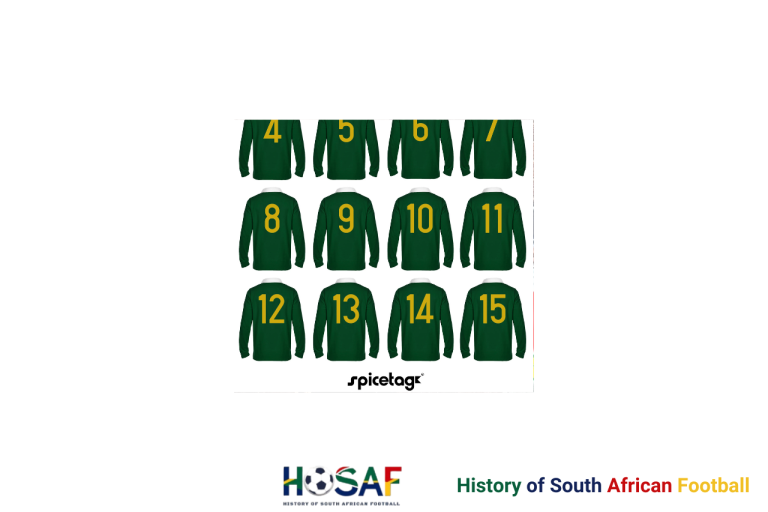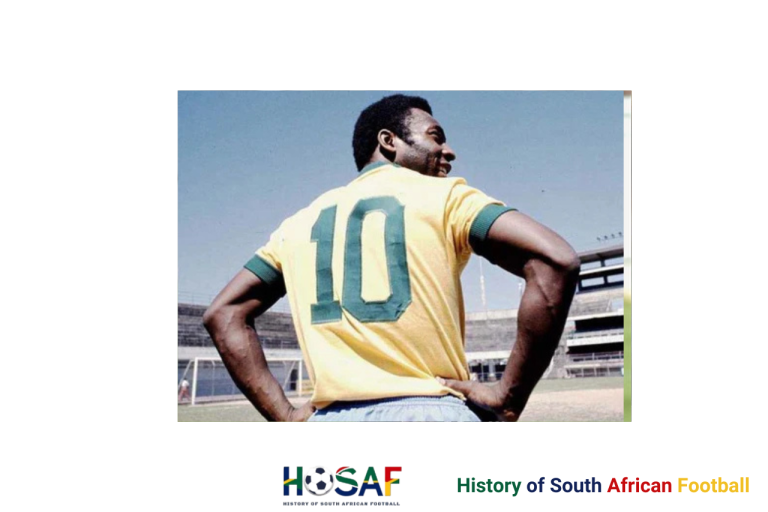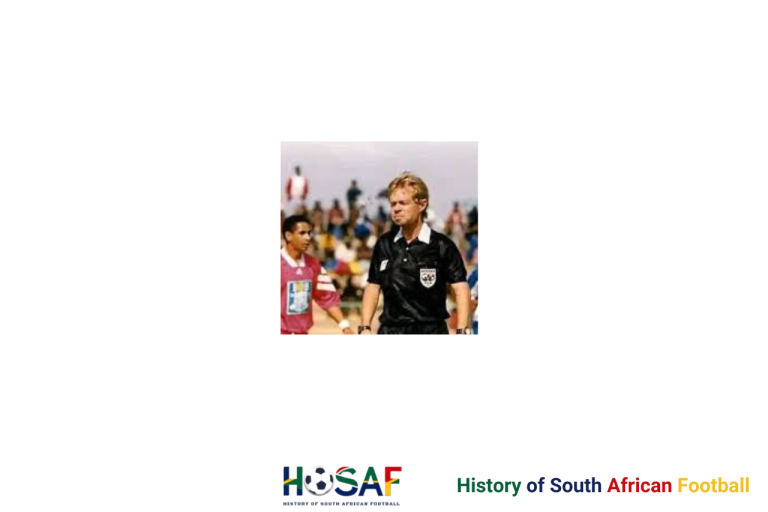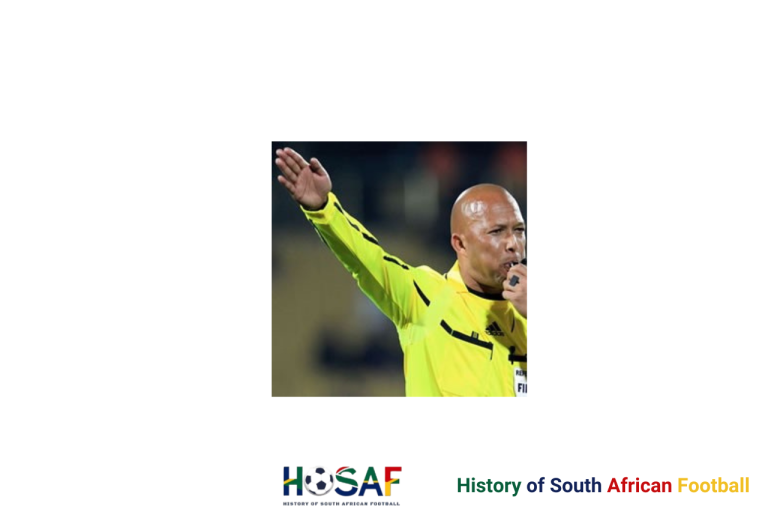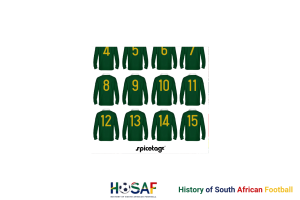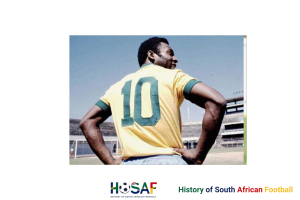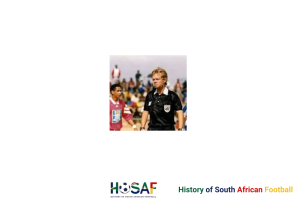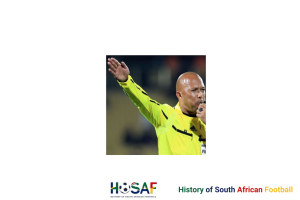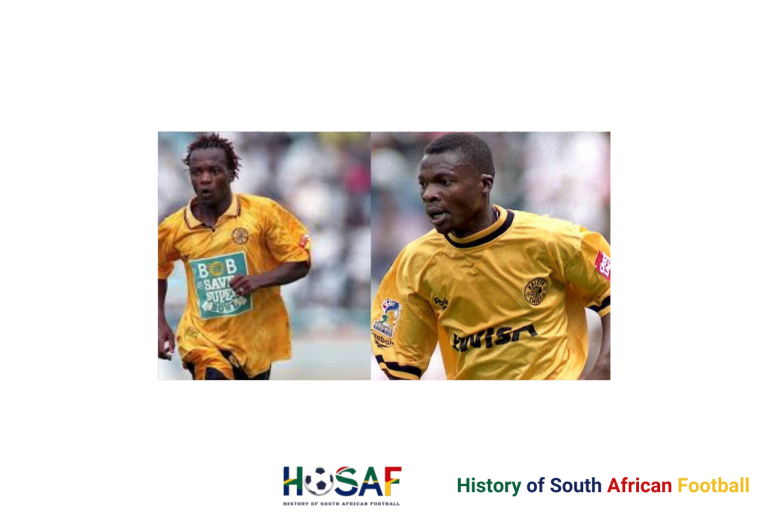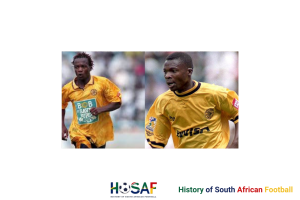Founded in 1959 (some sources cite 1958), Hellenic Football Club was born from the heart of Cape Town’s Greek community and quickly became one of the most iconic football teams in the country. Nicknamed “The Greeks”, the club became a cornerstone of Cape Town’s footballing identity, known not only for their flair and competitiveness but also for their insistence on inclusivity and integrity during apartheid – earning them the legendary nickname: “The People’s Team.”
🟨 SECTION 1: Club Overview
| Attribute | Details |
|---|---|
| Full Name | Hellenic Football Club |
| Nickname | The Greeks / The People’s Team |
| Founded | 1959 (some say 1958) |
| Founders | Nick Augustidies, Tony Riera, Milton Caldis |
| Location | Cape Town, Western Cape |
| Home Ground | Green Point Stadium (historically), later Athlone Stadium |
| League History | NFL, NSL, PSL (1959–2004) |
| Status | Sold and rebranded in 2004 (Now defunct as original entity) |
🟨 SECTION 2: Humble Beginnings
Hellenic FC was founded in 1959 by three close friends – Nick Augustidies, Tony Riera, and Milton Caldis. The name “Hellenic” was spontaneously chosen by teammate Dimitri Ziotos just before a match in Green Point, because most of the players were Greek. What started as a casual weekend side quickly evolved into one of South Africa’s premier football institutions. The club played its early matches behind Somerset Hospital in Green Point before establishing itself at Green Point Stadium.
🟨 SECTION 3: Rise to Glory – The NFL Era
By the 1970s, Hellenic FC had become one of the most popular and competitive clubs in the country, competing in the National Football League (NFL) – South Africa’s premier league for white players during apartheid. Despite the challenges of segregation, the club insisted on inclusivity and attracted fans across racial and religious lines, especially from the Greek, Jewish, and Coloured communities of Cape Town.
Key Achievements:
- 🏆 NFL Champions – 1971
- 🥈 NFL Runners-up – 1972 & 1975
- 🏆 BP Cup, Coca-Cola Shield, Champion of Champions – multiple wins
Their 1971 league title win is still remembered as the pinnacle of the club’s golden era.
🟨 SECTION 4: The People’s Team
Under apartheid, Hellenic stood out for its commitment to community and inclusivity. The club had two official supporters’ clubs (white and coloured) due to the era’s legal restrictions — yet their matches were among the most integrated sporting events in the country. Their slogan, “The People’s Team,” was well-earned, with the club hosting annual events at the Greek Club and involving various communities in Cape Town.
One of their fiercest rivalries was with Cape Town City FC, with some derby matches drawing crowds of over 40,000 — a record for club football in Cape Town at the time.
🟨 SECTION 5: Decline and Struggles
After South Africa’s football leagues unified into the NSL and later the PSL, Hellenic joined the top flight in 1996. While they remained a respected club, the transition proved difficult. By the early 2000s, the club was struggling financially and competitively.
In 2001, club owner George Hadjidakis publicly stated his desire to sell the team due to disillusionment with the direction of South African football. The Coetzee ruling (which allowed free player movement) and a lack of compensation for youth development also frustrated the club, which had invested heavily in academies.
🟨 SECTION 6: The End of an Era
In 2004, the Hadjidakis family sold Hellenic FC to the Ndlovu family, who moved the club to Benoni (Gauteng) and renamed it Benoni Premier United. This marked the end of Hellenic as a Cape Town-based professional club, closing a chapter of more than four decades of history and community influence.
While the name Hellenic FC still holds emotional value, efforts to resurrect the brand have been unsuccessful — with rights to the name reportedly requiring significant financial investment.
🟨 SECTION 7: Legacy and Impact
Notable Contributions:
- ⚽ Pioneered inclusivity in South African football before it was legally accepted.
- 🌍 Played host to German internationals and top talents from Europe during the 70s.
- 💙 Maintained strong ties with Cape Town’s Greek, Jewish, and Coloured communities.
- 💡 Developed young talent through their academy, even in financially constrained times.
🟨 SECTION 8: Stadiums and Supporters
- 🏟️ Green Point Stadium – Original home ground
- 🏟️ Athlone Stadium – Used in later PSL years (capacity ±30,000)
- 🔥 Legendary support from the Cape Flats, Sea Point, Woodstock, and Heideveld
- 🕊️ Annual Greek Club events created lifelong memories among supporters
🟨 SECTION 9: Why Hellenic FC Still Matters
| ✅ | One of South Africa’s oldest and most community-rooted clubs |
|---|---|
| ✅ | Champions of the NFL (1971) and multiple cup wins |
| ✅ | Pioneers of inclusivity and non-racialism during apartheid |
| ✅ | Played a vital role in the development of Cape football culture |
| ✅ | Inspired generations of multicultural support in Cape Town |
🟨 SECTION 10: The Greeks Remembered
Quote Block:
Though the name Hellenic FC may no longer appear in the top ranks of South African football, its legacy lives on in the hearts of fans, in Cape Town’s football DNA, and in the community that once cheered it on. From the township of Heideveld to the grand stages of the NFL and PSL, Hellenic FC was not just a team — it was a symbol of pride, resilience, and togetherness



